The impact of the UBO register on platforms and marketplaces
- The new UBO-register is intended to prevent money laundering and terrorist financing and is an addition to the KYC process.
-
Platforms and marketplaces are obliged to check the data they collect about sellers with the UBO-register.
-
UBO verifications result in delays, bringing along costs
As of 27 September 2020, organisations have 18 months to indicate in the UBO-register who are the ultimate beneficial owners of an organisation. The register was initiated by the EU to prevent the financial system from being misused for money laundering and the financing of terrorism. What does this register mean for platforms and marketplaces where business parties trade with each other?
Reducing money laundering and terrorist financing are important areas of attention for every payment service provider. In this sense, the UBO register is a good initiative, because business traders on platforms and marketplaces are of course also obliged to indicate in the register who their UBO is. The UBO-register is therefore an additional source of information to verify which merchant you are dealing with.
Know Your Customer (KYC)
The information provided by the UBO-register will not be entirely new. As a PSP, we are required to carry out standard customer research when connecting sales reps to platforms and marketplaces (Customer Due Diligence). By means of a Know Your Customer (KYC) procedure, a lot of information about sales reps is already collected and registered. We also verify if the money paid by the buyer, will reach the right people, whether the seller is on a sanction list and/or suspected of money laundering. In addition, we use AI technology to monitor transactions in order to detect suspicious cases. In this way, we ensure that our customers can offer their users a reliable platform.
Does that mean that the UBO-register will make KYC become easier or even superfluous? Certainly not. KYC remains the basis. This is because the data provided by the UBO-register will not be 100% complete. For example, when retrieving data from a UBO, the day and month of birth are provided, but not the year of birth. Even though this data is sometimes already obtained via the Chamber of Commerce registration.
UBO-Check verplicht onderdeel van KYC
However, verifying your data with the UBO register becomes a new and - according to the Money Laundering and Terrorist Financing (Prevention) Act (Wwft) - mandatory part of the KYC process. You could thus see it as a double check of the information you have already collected. A confirmation of your investigation, which unfortunately involves extra time and money because the mandatory verification of your data with the UBO-register has an autonomous price-tag.
It is clear that the UBO-test will be for platforms and marketplaces' account. It slows down the process of onboarding sellers and there are additional costs involved. Whether the extra time and costs will recoup themselves in reduced financial crime rates on platforms and marketplaces is undetermined. Moreover, despite the fact that it is a European initiative, there are different guidelines per country on how to fill in, change and consult the register. This does not make things any easier for platforms with branches in other European countries.
All in all, the register is a well-intentioned step in the right direction. Personally, I see many opportunities for reducing money laundering and terrorist financing in further developments of transaction monitoring on platforms and marketplaces using AI. We at Online Payment Platform are also strongly committed to this.
Would you like to know more about preventing financial crime on your platform or marketplace and how you can create a community with reliable sellers? Check out how KYC works in the animation below.

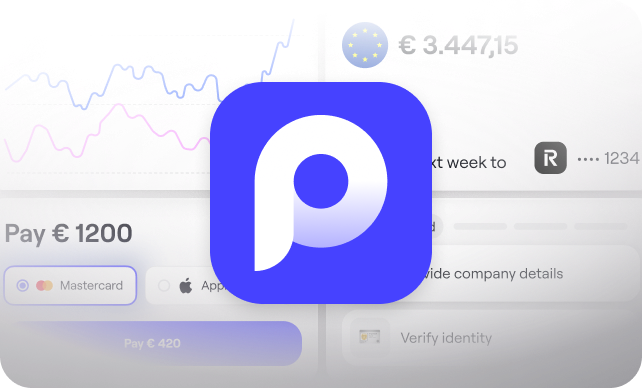
.svg)
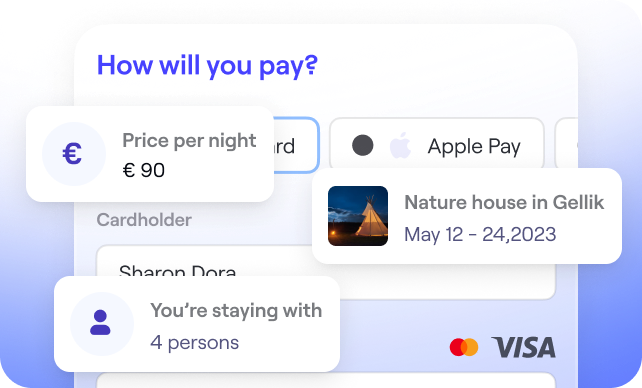
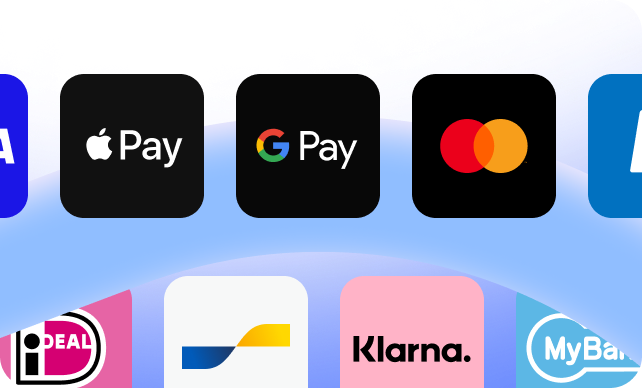

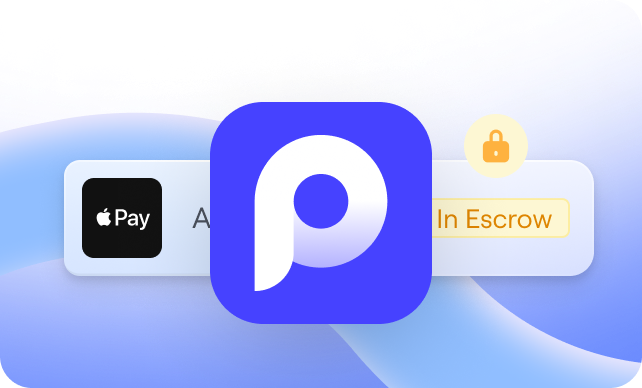

.svg)
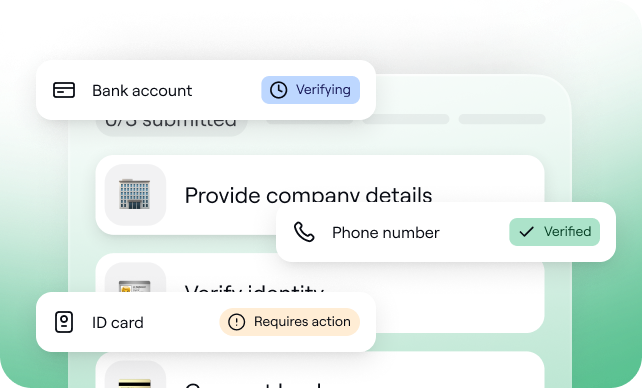
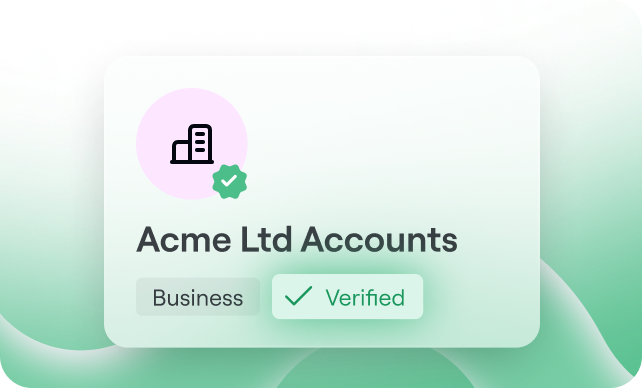

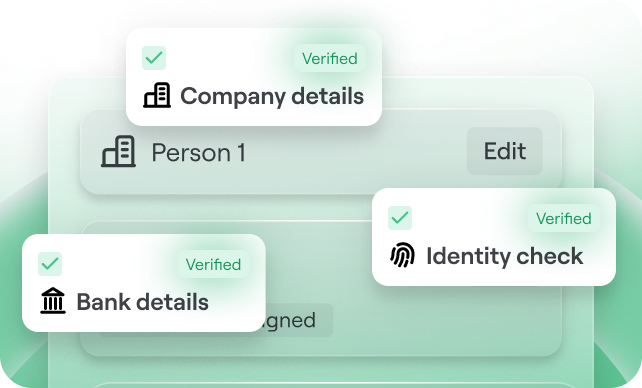
.svg)
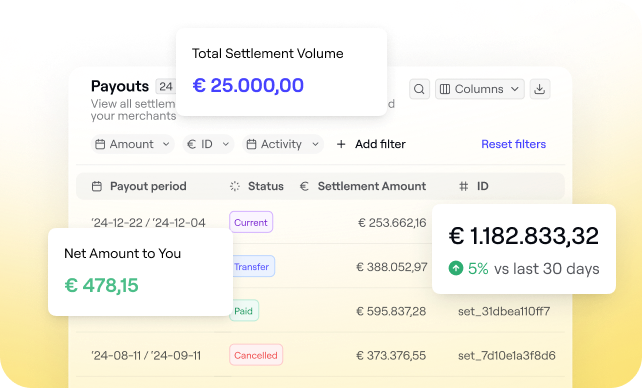
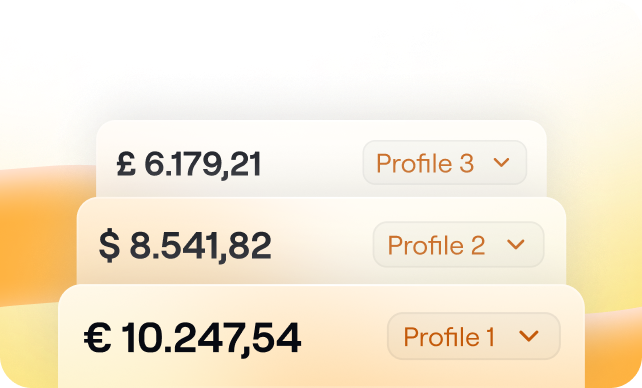


.svg)
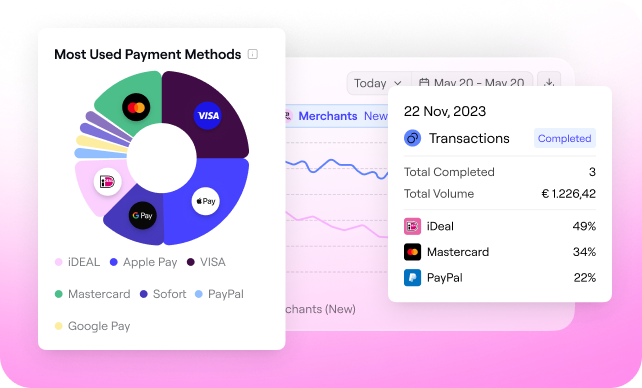
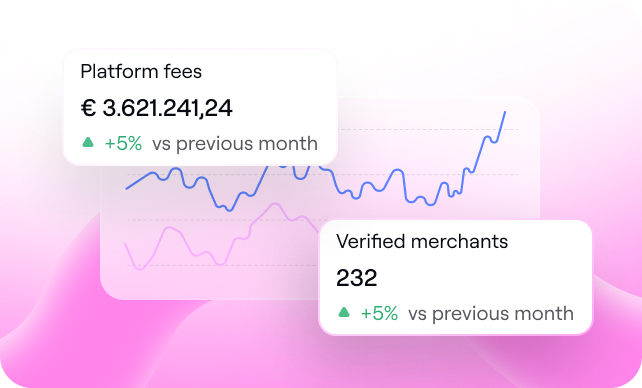

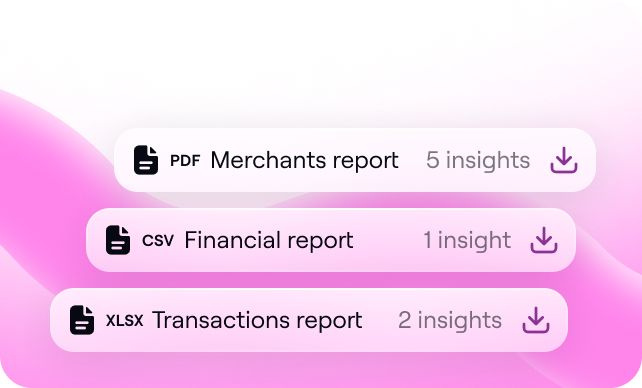
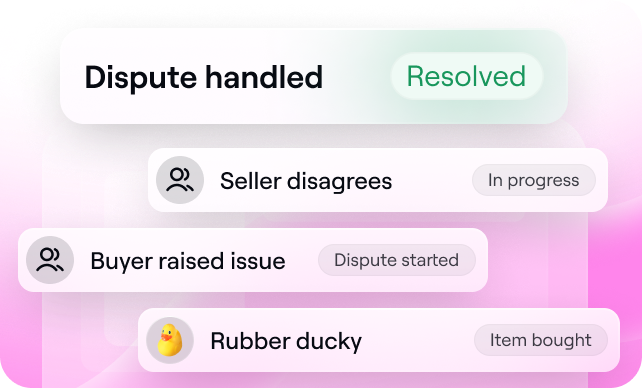






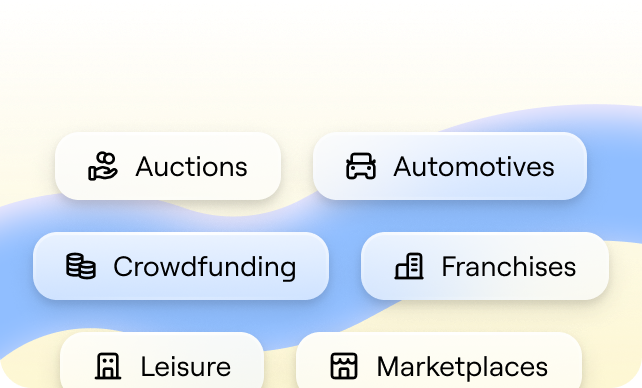






%20(1).png?width=1300&name=Copy%20of%20Copy%20of%20Blog%20post%20(1620%20x%201080%20px)%20(1).png)



.png)
.png?width=75&height=51&name=Worldline%20(2).png)